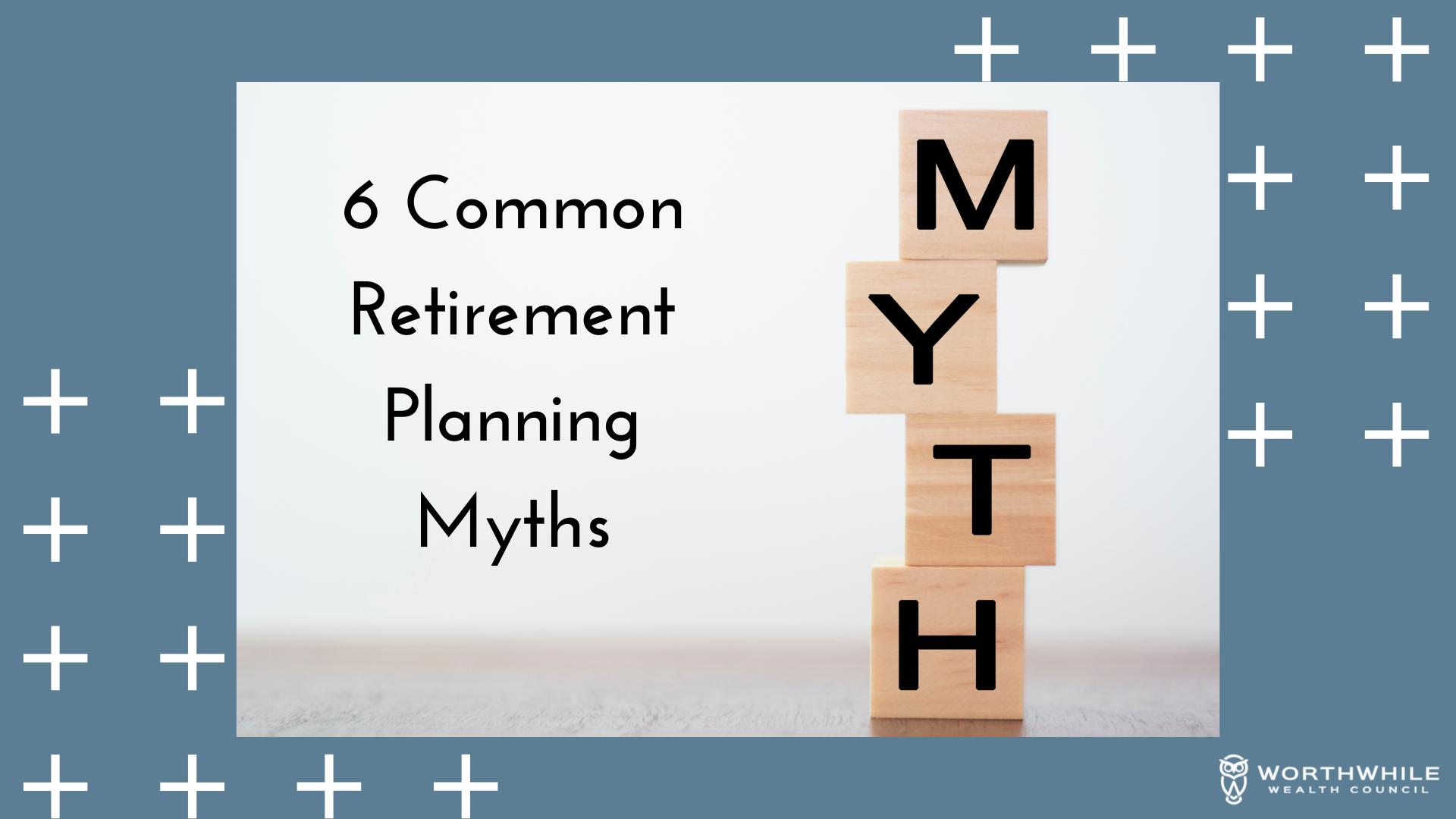Myth #1: I don’t need to revisit my withdrawal rate
Historically, a general rule has been that a properly diversified portfolio could last 30 years with withdrawals of 4% or less and annual increases to match the rate of inflation.
However, there isn’t a one-size-fits-all number. Figuring out the best retirement plan and withdrawal strategy should take into account your current finances, future income, goals and other considerations unique to you. What’s more, your plan and withdrawal rate may change as your circumstances change.
Consider these approaches:
- If you’ve recently retired or are nearing retirement: Regularly review withdrawal rates. This is a smart way to keep an eye on how current stock prices and the rate of inflation may impact returns in your investment portfolio. The ability to adjust your retirement income level based on market conditions and your circumstances can help you address uncertainty or the unexpected.
- If you’re young or mid-career: Planning for a 3% to 4% withdrawal rate may be reasonable over the long term.
Myth #2: Medicare will cover all health care costs
Medicare is a valuable program for many retirees, but it wasn’t designed to cover everything. For example, deductibles and copayments (which can be significant), as well as the cost of care for dental, vision and hearing conditions are not covered. In addition, coverage for nursing home and other long-term care is limited.
Myth #3: Social Security won’t last
Though the solvency of the Social Security program is an ongoing topic of conversation, if you’re in or nearing retirement, it is not likely to materially affect you.
Adjustments made to Social Security in 1983 have done a lot to improve the program’s long-term viability; and changes (if any) will likely be gradual and phased in over time.
Keep in mind that Social Security alone cannot provide enough income for most individuals.
Myth #4: I can work for as long as I need to
Longer life spans may mean more years in retirement and possibly more years working past age 65. However, given the uncertainties of aging, it may not be realistic to expect to work as long as you need or want to. For example, half of all early retirements are due to illness or disability.
Myth #5: I’ll spend less (and pay less taxes)
Depending on your goals, you may be spending more in retirement than you thought you would, especially if you are travelling, visiting children and grandchildren and pursuing new hobbies and activities. Additionally, inflation can erode your purchasing power over time.
Another related misconception is that you’ll pay less in taxes once you’re retired. But that assumes you’ll have less income. If you end up with the same amount of income in retirement as you had when you were working, you may not be in a lower tax bracket. Also, you may qualify for fewer tax breaks such as mortgage and college savings deductions. Tax rates may also rise in the future.
Myth #6: I’ll live in the same place throughout my retirement
You may think that by the time you retire, your mortgage will be paid off and your housing costs will be set. However, moving is often a reality during the retirement years. For instance, you may decide to move closer to family members or into an urban area for the culture and convenience. You may find you need an assisted living situation or a community with more transportation and maintenance services at hand.
Remember you are not alone when planning your retirement. Our advisors are always happy to sit down and walk you through all the retirement obstacles.
Source:https://www.kiplinger.com/retirement/605121/breaking-down-6-common-retirement-planning-myths
**Disclaimer: This material has been prepared for informational purposes only, and is not intended to provide, and should not be relied on for, tax, legal or accounting advice. You should consult your own tax, legal and accounting advisors before engaging in any transaction.


